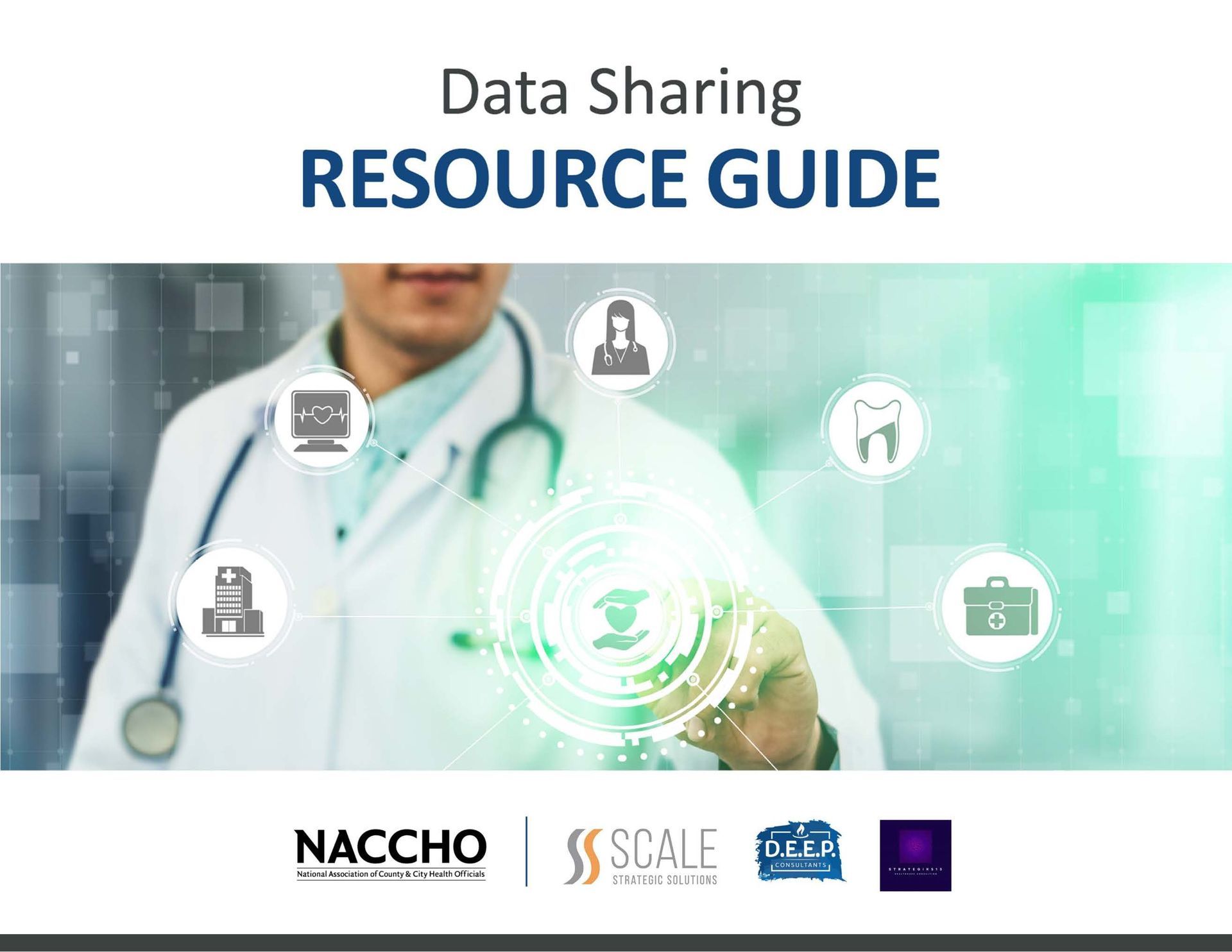Making Good Things Happen

Addressing Health Disparities in Butler County
TriHealth and bi3 engaged Scale Strategic Solutions, and its collaborators, Strategik513 and DEEP Consultants, to conduct a needs assessment for Butler County, Ohio. The goals of the study were to create a detailed assessment of the county’s health needs, recommend strategies for improvement, identify groups for future engagement, and develop an equity focused plan.
The health and well-being of our community are deeply influenced by economic conditions and social factors. Our findings highlight key challenges impacting health equity in Butler County:
- Social Vulnerability: The Social Vulnerability Index (SVI) identifies areas needing additional resources, with Middletown, Hamilton, Fairfield, and Oxford having the highest scores.
- Transportation Barriers: Limited public transit options make accessing healthcare and essential services difficult, particularly for those relying on Medicaid/Medicare transportation benefits.
- Housing Insecurity: A shortage of affordable housing and opposition to housing for mental health and low-income residents create significant health challenges.
- Healthcare Access: While several hospitals and clinics serve Butler County, shortages in specialists and mental health providers result in long wait times and travel burdens for care.
- Rising Healthcare Costs: Many residents face high out-of-pocket expenses, leading to delayed or skipped care.
Based on the quantitative and qualitative data, we came up with ten recommendations for action to meet the needs of Butler County and advance its health equity and outcomes:
- Expand primary and specialty care access through new sites, mobile clinics, and community partnerships.
- Strengthen maternal and child health programs.
- Utilize community health workers (CHWs) to connect residents to vital resources.
- Enhance mental and behavioral health services, especially for youth.
- Improve collaboration between healthcare providers, local agencies, and community partners.
- Provide financial support for healthcare access, including transportation grants and health vouchers.
- Promote preventive care and chronic disease management
- Increase awareness of language and cultural services.
- Train healthcare staff to provide respectful, unbiased care.
- Address social determinants of health by linking residents to essential resources.
Bi3 then designed a grant program to identify and support community partners to address these challenges.
Connect with Scale today to learn more about how you can leverage our capabilities to conduct community health needs assessments and strengthen healthcare access and improve outcomes for your community.











